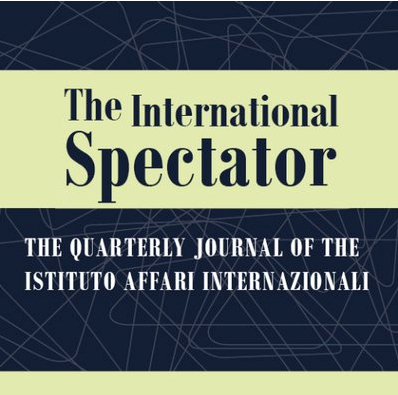Critical Raw Materials, Economic Statecraft and Europe's Dependence on China

As China tightens export controls on critical minerals, it is important to put Beijing's policies in perspective and analyse how Europe can respond.
The People’s Republic of China (PRC) holds a dominant position along wide swaths of critical mineral and technology value chains that are necessary for achieving Europe’s decarbonisation policy goals. Many fear that the PRC will pursue increasingly coercive measures to leverage its supply chain advantage in pursuit of broader geopolitical objectives. Examining three mineral groups in which Beijing has enhanced supply chain restrictions in 2023, namely rare earth elements, gallium and graphite, highlights that the PRC’s priority has long been the pursuit of economic and industrial policy goals rather than a broader diplomatic agenda, though this could change. Arguably, leveraging raw materials is ultimately a weak form of economic statecraft, eliciting effective diversification strategies that in turn weaken a supplier state’s sources of leverage. Europe’s response, while slow to emerge, has been a strategy to reinvest in its own mineral extraction, refining and recycling capacities, on the one hand, and diversify global supply chains by expanding its strategic partnerships, on the other.

Available in:
Themes and regions
Share
Related centers and programs
Discover our other research centers and programsFind out more
Discover all our analysesJapan’s Takaichi Landslide: A New Face of Power
Prime Minister Sanae Takaichi has turned her exceptional popularity into a historic political victory. The snap elections of February 8 delivered an overwhelming majority for the Liberal Democratic Party (LDP), driven by strong support from young voters, drawn to her iconoclastic and dynamic image, and from conservative voters reassured by her vision of national assertiveness. This popularity lays the foundation for an ambitious strategy on both the domestic and international fronts.
The U.S. Policy Toward Taiwan Beyond Donald Trump: Mapping the American Stakeholders of U.S.-Taiwan Relations
Donald Trump’s return to the White House reintroduced acute uncertainty into the security commitment of the United States (U.S.) to Taiwan. Unlike President Joe Biden, who repeatedly stated the determination to defend Taiwan, President Trump refrains from commenting on the hypothetical U.S. response in the context of a cross-Strait crisis.

China’s Strategy Toward Pacific Island countries: Countering Taiwan and Western Influence
Over the past decade, China has deployed a diplomatic strategy toward the Pacific Island Countries (PICs). This strategy pursues two main objectives: countering Taiwan's diplomatic influence in the region and countering the influence of liberal democracies in what Beijing refers to as the "Global South."

Opening up the G7 to South Korea to Address Contemporary Global Challenges
The G7’s global influence has diminished as powers like China reshape international governance through initiatives such as BRICS and the Shanghai Cooperation Organisation (SCO). With the G7 now representing just 10 per cent of the world’s population and 28 per cent of global GDP, its relevance is increasingly questioned.










